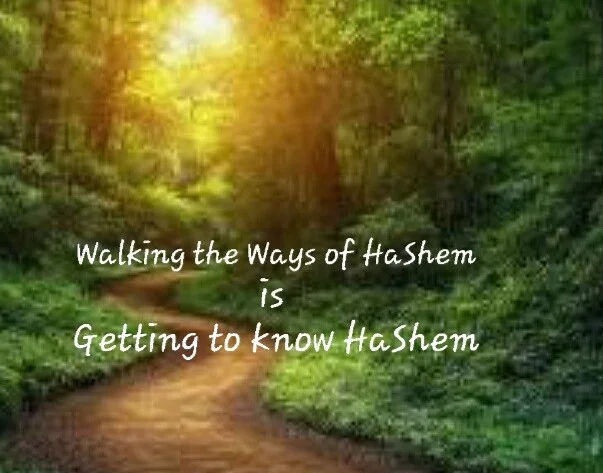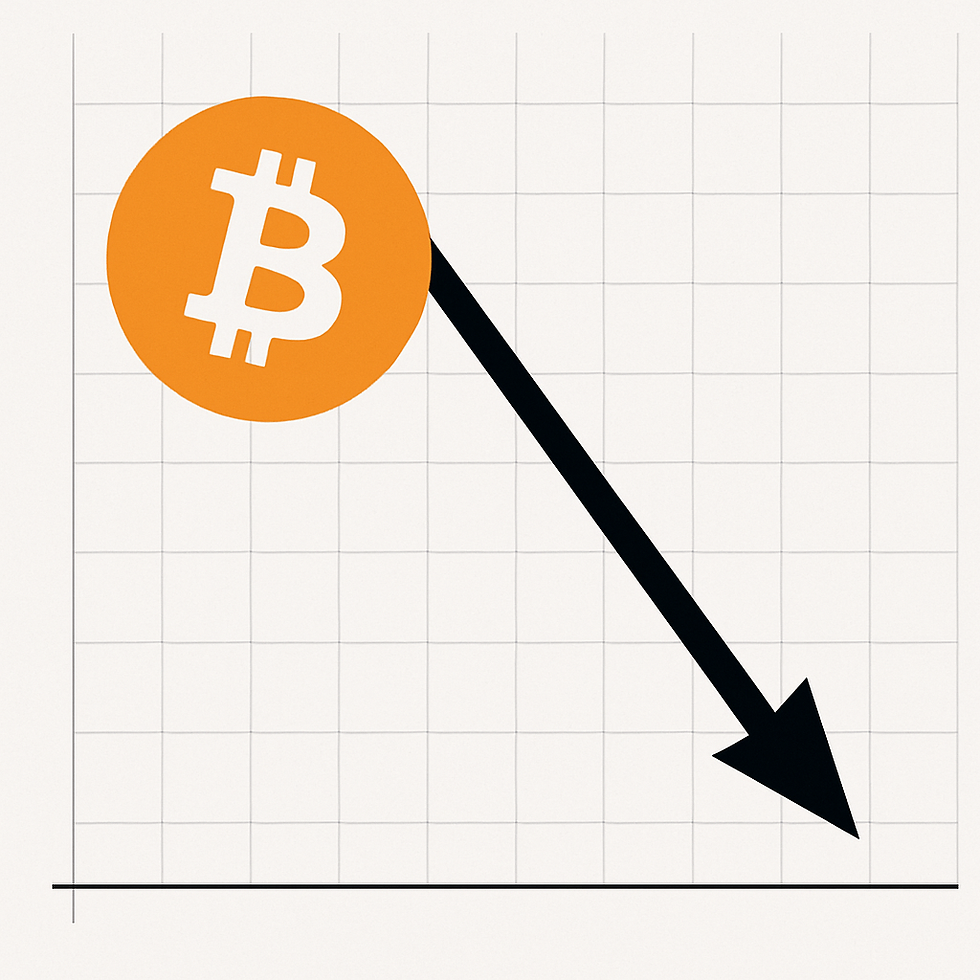Shabbat Bo
- WireNews

- Jan 26, 2023
- 3 min read
Exodus Chapters 10-13:16 - Mezuzah
by Rabbi Jeremy Rosen

This week we read about the preparation of the Israelites to leave Egypt. They were told to prepare a lamb for each household to eat together on the night that the Egyptian firstborn would be killed, and they would be let free from slavery.
In Exodus 12 verses 6 to 7, the Torah says that this night should be a Mishmeret (which can mean a watch, to keep, or to remember). And they should take some of the blood of the lamb sacrifice and put it on the two doorposts (Mezuzot) and on the lintel (Mashkof, there is much debate about what that means) of the houses where they would be roasting the lamb over the fire, leaving nothing over until morning, and with loins girded, sandals on feet, staff in hand and eat it in a hurry.
And in Chapter 12 verses 22 to 25 they were told to take a bunch of Hyssop, dip it in the blood and smear it on the lintel and to the two doorposts (Mezuzot)… and God passing over to smite the Egyptians would see the blood on the lintel, and the two doorposts, and pass over and not let the destruction enter their homes. “You shall remember (Shamar, Mishmeret) this as an institution for all time.”
Notice how some of these specific actions would not be repeated in future years even though the Passover festival became the foundation of Jewish continuity. And it seems that this is the origin of the Mezuzah we fix on our doorposts to this day although the legal source comes later. But why then is that custom of dipping the hyssop into the blood not continued?
And what then is the function of the Mezuzah today? On the face of it seems to be to protect the homes of the Israelites from destruction. And this is why so many people think the Mezuzah is some magic charm that protects our homes from evil spirits. I believe there is a different explanation.
Many Israelites were skeptical about leaving Egypt. A large number of Israelites preferred to stay either because they had intermarried or because they had assimilated. There is Midrash that says that only one-fifth left Egypt (as opposed to another Midrash that said no one assimilated). In this case, the purpose of this ceremony was for Moses to try to get people to commit to the cause. They had to prepare the lamb in advance for three days which was a kind of public show of defiance to the Egyptians who did not believe in killing lambs for religious purposes. They had to do something to show publicly they were committed.
This, much more than the issue of protection, is the significance of the Mezuzah today, to publicly make a statement and declare that this house is committed to the Torah and Jewish identity. The first paragraph of the Shemah which is in each Mezuzah talks about God, the commandments, and passing the message on, which is crucial to the Jewish future of the house and family within. It is a way of sharing one’s identification that doesn't make great demands. A one-off ceremony although one should check one's Mezuzah every seven years.
But it is essential all the more since we often see that many Jews do not want to expose themselves, particularly in alien environments where very often even in this day there are people who like to use them to identify Jews and destroy them out of spite or prejudice.
Which again is why I think it is very important as an act of identification. It is not the Mezuzah itself that gives protection, it is the behavior and commitment that it reminds us of that really matters. This is why the Torah keeps on repeating the word Mishmeret, which means to keep, to preserve, and to remember.
Shabbat Shalom
Jeremy
###
Jeremy Rosen was born in Manchester, England, the eldest son of Rabbi Kopul Rosen and Bella Rosen. Rosen's thinking was strongly influenced by his father, who rejected fundamentalist and obscurantist approaches in favour of being open to the best the secular world has to offer while remaining committed to religious life. He was first educated at Carmel College, the school his father had founded based on this philosophical orientation. At his father's direction, Rosen also studied at Be'er Yaakov Yeshiva in Israel (1957–1958 and 1960). He then went on to Merkaz Harav Kook (1961), and Mir Yeshiva (1965–1968) in Jerusalem, where he received semicha from Rabbi Chaim Leib Shmuelevitz in addition to Rabbi Dovid Povarsky of Ponevezh and Rabbi Moshe Shmuel Shapiro of Yeshivat Be'er Ya'akov. In between Rosen attended Cambridge University (1962–1965), graduating with a degree in Moral Sciences.








